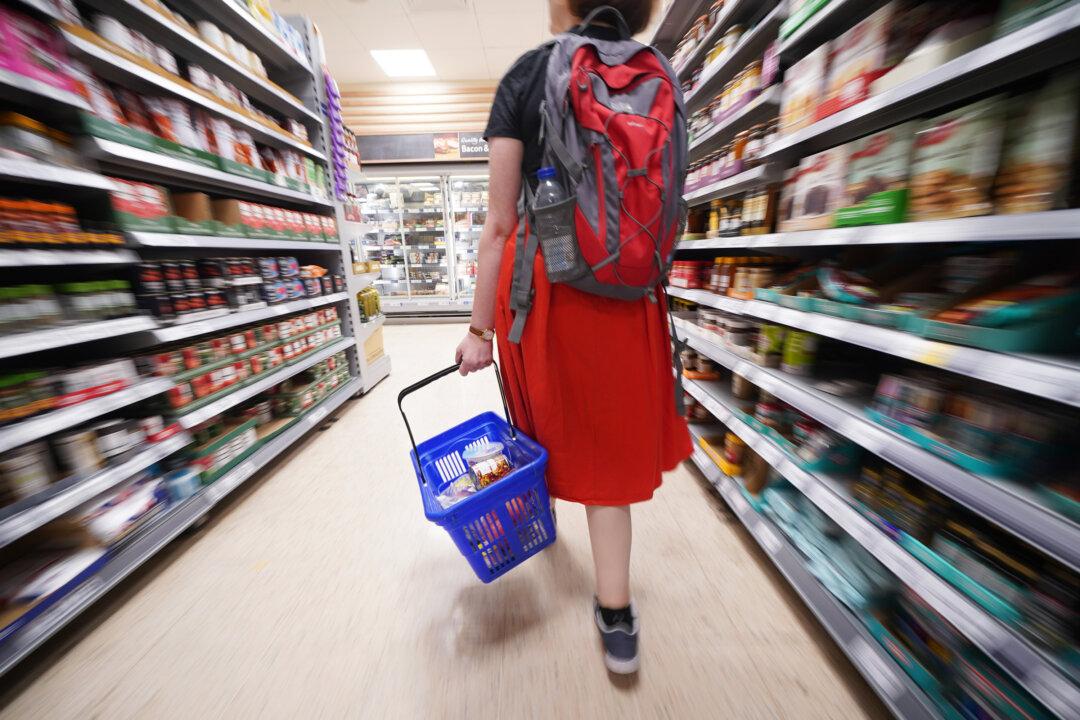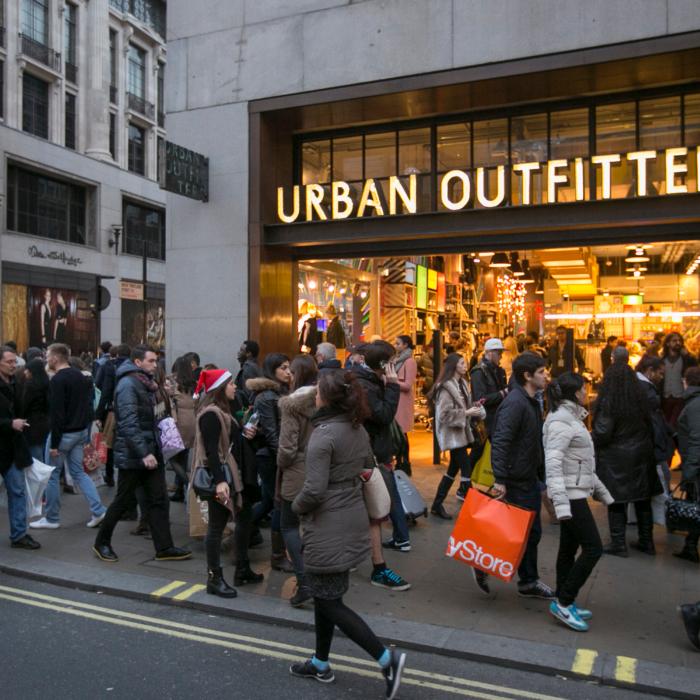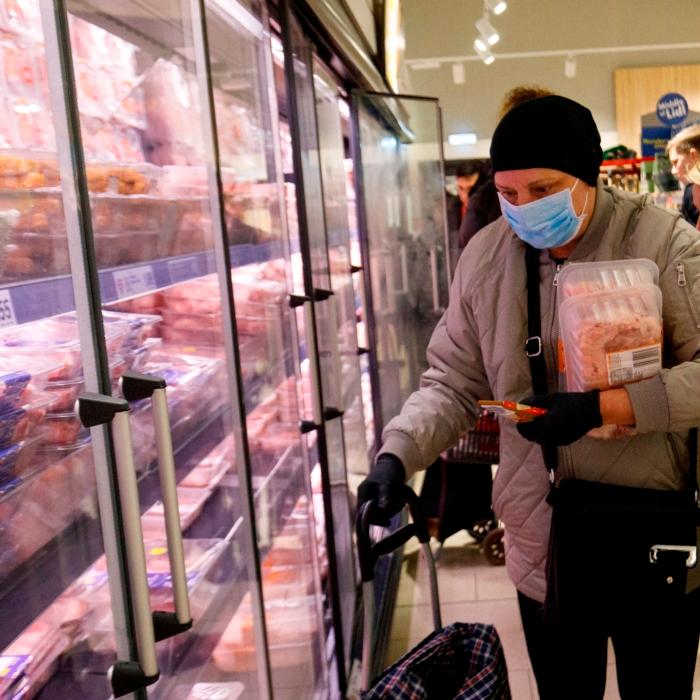Inflation has gone up for the first time since February 2023, prompted by rises in tobacco and alcohol prices, official figures showed.
Every move in the inflation rate has been receiving attention by economists and ministers alike, as the government seeks to bring the rate down to a 2 percent target.
“We took difficult decisions to control borrowing and are now turning a corner, so we need to stay the course we have set out, including boosting growth with more competitive tax levels.”
The chancellor also noted that the inflation rate is still “nearly a percentage point lower” than the prediction by the Office of Budget Responsibility in November.
Shadow chancellor Rachel Reeves called the latest change in prices for goods and services “more bad news” and cautioned against “another five years of economic failure under the Conservatives.”
With a general election looming this year, the Conservatives and Labour are both keen to provide economic assurance to voters before setting out their agendas in their manifestos.
The slight inflation rise comes after the ONS reported on Tuesday that wage growth slowed down to its lowest point for 10 months. This could lead the Bank of England to ease the base rate further down from the current 5.25 percent and provide relief for borrowers.
There are also concerns about the impact on inflation from the Red Sea shipping attacks, as they risk pushing up the prices for oil, gas, and goods being imported to Britain.
Commenting on the government’s position with regards to the Red Sea, Mr. Hunt said that Downing Street was “watching the situation very carefully.”
Contributing Sectors
The small rise in the annual rate between November and December 2023 was a result of prices rising by 0.4 percent on the month. Alcohol and tobacco prices rose by 1.2 percent between November and December 2023.In the year to December, these prices rose by 12.8 percent, compared with a rise of 10.2 percent in November.
ONS Chief Economist Grant Fitzner said that tobacco prices rose owing to the recently introduced duty increases, after the government announced higher taxes in the Autumn Statement.
“These were partially offset by falling food inflation, where prices still rose but at a much lower rate than this time last year,” he added.
The largest downward contribution to the monthly inflation rate change came from food and non-alcoholic beverages. The sector recorded an annual rate of 8 percent in December, coming down from 19.2 percent in March.
The December rate was the lowest since April 2022. Although the annual inflation rate in the foods category has been easing, food prices are still high. The ONS reported the price of food and non-alcoholic beverage to have risen by 26 percent between December 2021 and 2023.
This compares with a rise of around 9 percent over 10 years between December 2011 and 2021.
The ONS also noted that UK inflation in December was similar to that of France at 4.1 percent and Germany at 3.8 percent.







